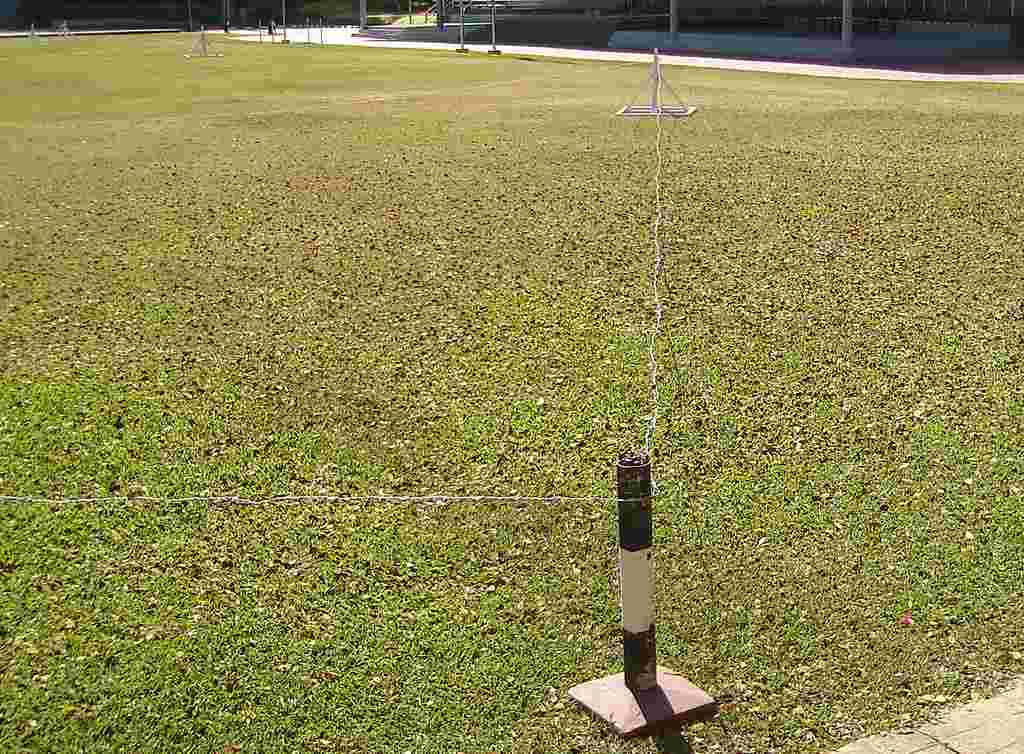How would anyone tolerate Mugabe?
And yet he continues to win elections.
It reminds of Sabah that is already the poorest and yet stll vote the
government that makes it this poor.
Even the amount of Telecom Subisidies is already the lowest with only
3 sites, while hundreds of sites in the already rich Malaya, and yet
nobody seems to be making a noise at all.
http://www.timesonline.co.uk/tol/news/world/africa/article4902920.ece
O-level pass rates in Zimbabwe, once the envy of Africa, have fallen
from 72 per cent in the mid-1990s to 11 per cent. Now the government
has been forced to cancel the academic year
Jan Raath in Harare
The class of 2008 will not receive an education. Since the school year
began in January, Zimbabwe's 4.5 million pupils have had a total of 23
days uninterrupted in the classroom, teaching unions say - a sorry
state for a country that once had the highest standard of education in
Africa.
President Mugabe became an African hero of rare distinction when he
carried out a big expansion of the education system in the early years
of his rule. As with most of the country's infrastructure, that system
is now in the process of total collapse.
In the mid-1990s there was a national O-level pass rate of 72 per
cent. Last year it crashed to 11 per cent. Many schools recorded zero
passes.
To avoid the humiliation of total failure in 2008 the Government has
cancelled the academic year. "It would be criminal if the Government
allows examinations to go ahead," Raymond Majongwe, the secretary-
general of the Progressive Teachers' Union of Zimbabwe, said.
Related Links
* Mugabe's men seize chance to take white farms
* Zimbabwe deal faces collapse
* Zimbabwe's children and the lost generation
In January teachers went on a prolonged strike over their salaries. In
April, Mr Mugabe's Zanu (PF) party accused them of supporting the
Movement for Democratic Change (MDC) during the March elections and
blamed them for the President's first-round defeat.
Six teachers were murdered and thousands assaulted by Zanu (PF)
militia in the violence that marred the second-round presidential
election on June 27.
Schools were looted and turned into torture centres. Teachers
disappeared. Many are still unable to return for fear of being
disciplined.
Now the coup de grace to the education system is being delivered by
hyperinflation. Teachers had their salaries doubled last week to the
equivalent of £5.70 a month — barely enough for bus fares and bread
for four days.
The handful of private and state schools where parents can pay large
supplements to teachers' salaries are the only ones operating. In most
schools where teachers do turn up pupil attendance is dwindling.
"We come to school and we entertain the kids until 10am, then we send
them home," Amos Musoni, from Sengwe primary school in the south of
the country, said. "There were ten teachers last week, out of 32. They
are there because they have no money to leave. We don't even have
chalk, or red pens, never mind books."
At one of Harare's government boys' high schools, benches are being
sawn up to provide wood for O-level woodwork examinations - not that
anyone knows when they will happen.
"O and A-level pupils go home next week to study for their finals,"
the headmaster said. "But there is no timetable. Nor do we have their
June mid-year results."
Urban schools have been overwhelmed by water and power cuts. One
primary school in Mabvuku township, Harare, has not had water for five
years. A Harare girls' school has been seeking an axe to chop down
trees for firewood to cook food.
Providing school food at a time of comprehensive agricultural failure
is a struggle. Mr Majongwe said hundreds of rural schools had sent
their boarders home because they could no longer feed them.
Mr Musoni, from Sengwe, is pathetically thin. "There is no food," he
said. "People are starving." Students at Harare Polytechnic rioted
last week after they were served sadza, the stiff maize porridge that
is the national staple, without salt or cabbage.
The country's four leading universities have failed to open since the
start of their first term in mid-August. At the University of
Zimbabwe, the country's leading tertiary institute, a notice with last
Friday's date on a faculty building tells students that lectures will
begin "on a date to be advised".
Levy Nyagura, the Vice-Chancellor, said that the university had "no
water, no electricity and no funds".
Ellen Murogodo, a would-be first-year social work student, keeps
returning to the campus to register only to be told to try again a
week later. To pay for her journey she sets up a stand outside the
university's Great Hall where she sells popcorn and cigarettes.
"Mugabe was a teacher himself [in the 1950s]," Mr Majongwe said. "He
knows the potential of teachers as agents for change. That is why he
has deliberately destroyed education."
New talks on a power-sharing government in Zimbabwe failed yesterday
to end a stalemate over Cabinet posts, the opposition MDC said.












